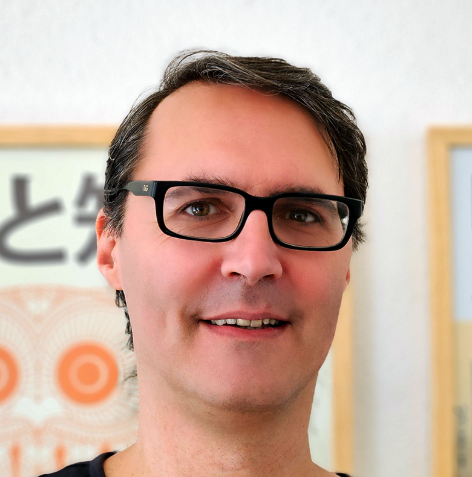Jessica Illiano
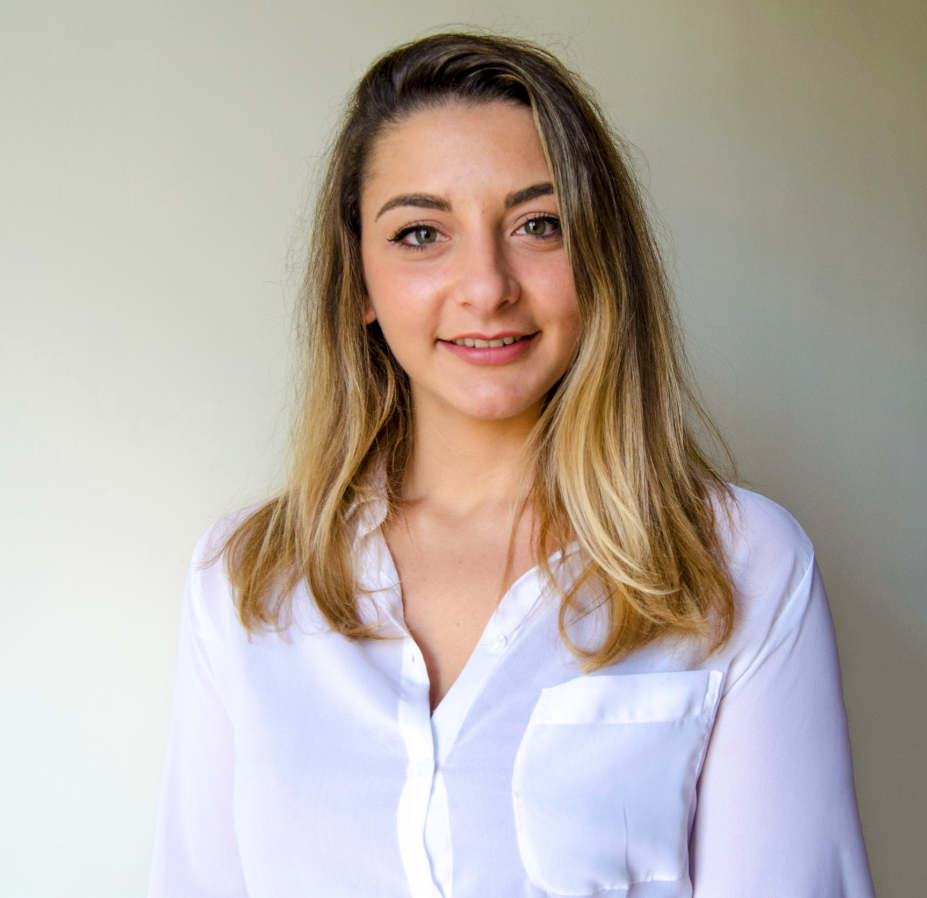

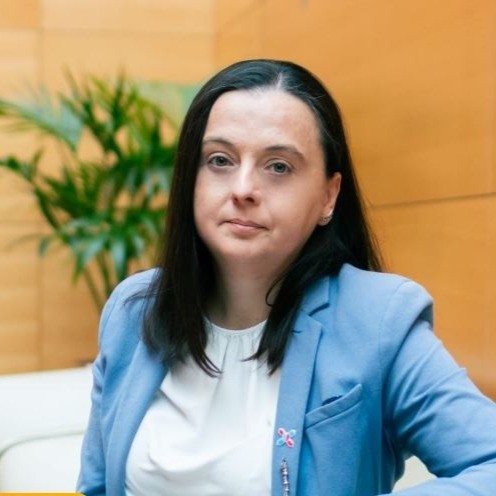
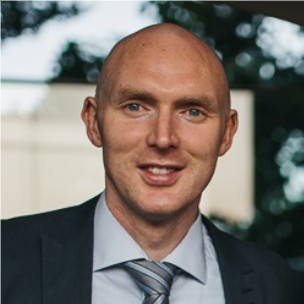
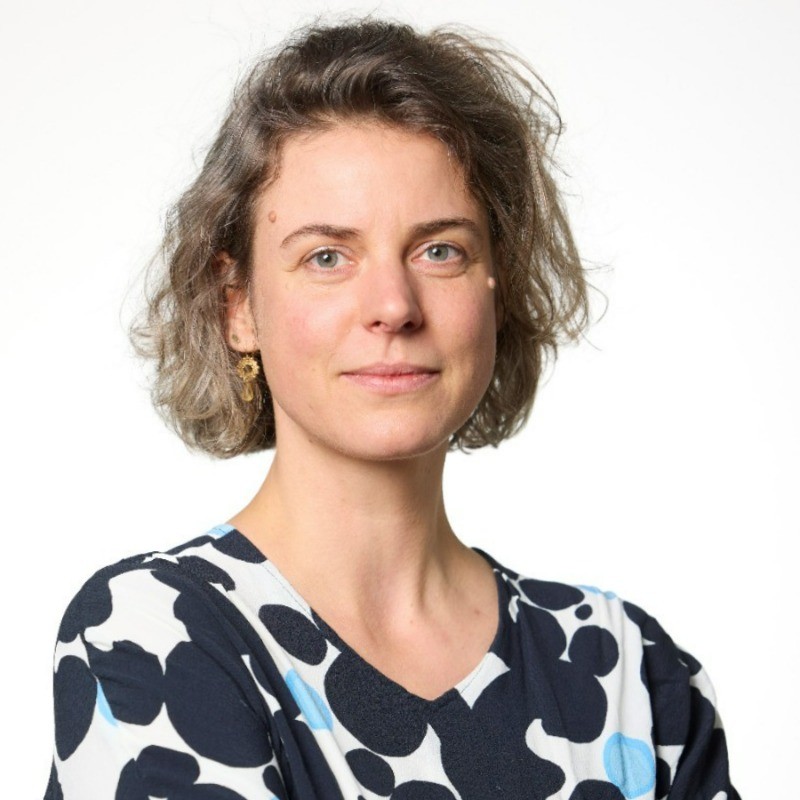
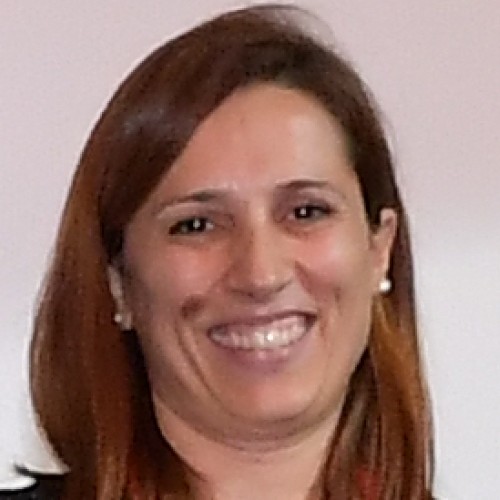

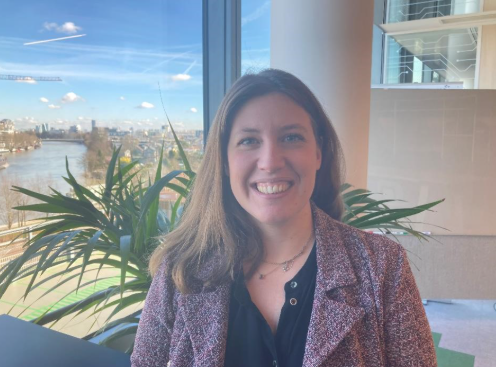
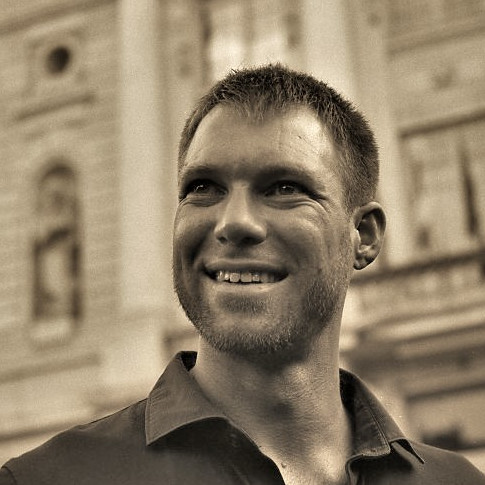
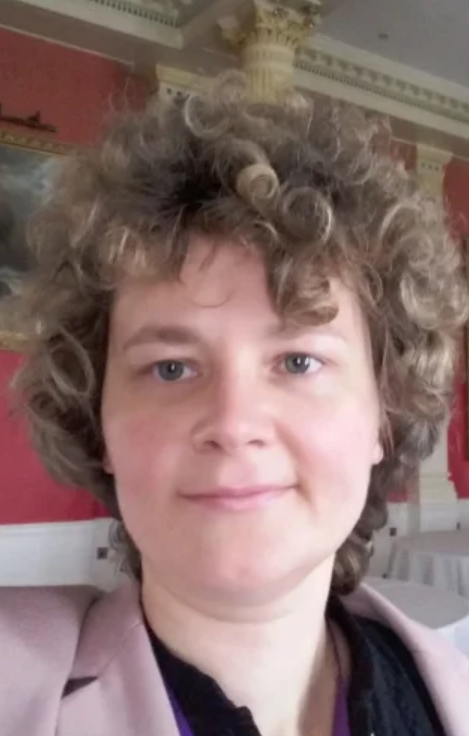
I focus on the development of a new standard Work Model type (Technical Specification) that facilitates the consolidation, integration, and implementation of requirements, helping organisations comply with AI laws, regulations, and standards more effectively. The objective is to guide and support organisations on how to meet the multiple requirements imposed by laws, regulations, and standards on AI-based systems. The initiative will not create new requirements but will provide assistance and guidance to organisations on how to consolidate, integrate, implement and audit different sources of requirements
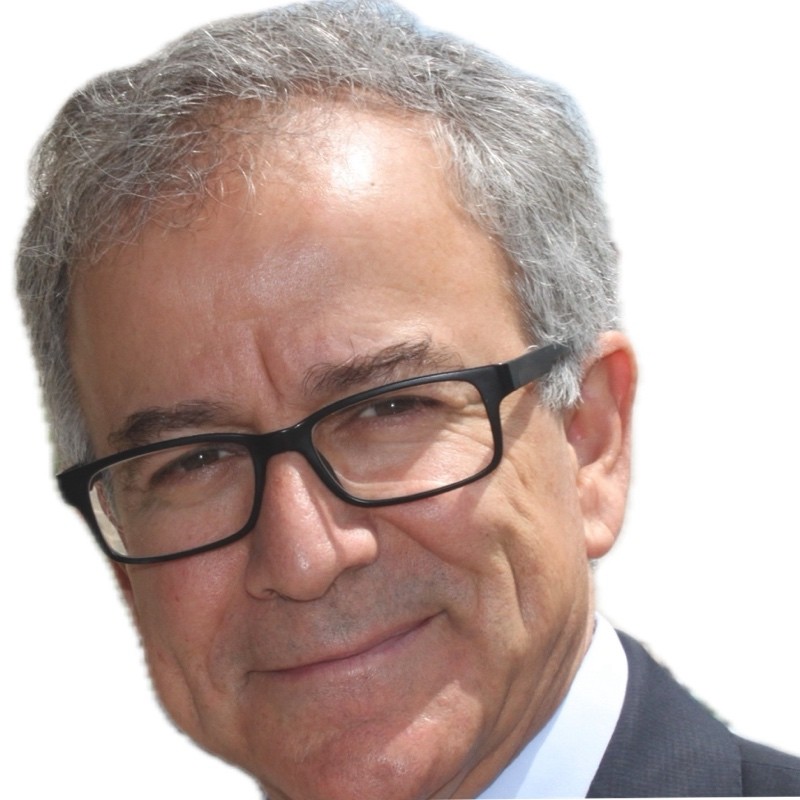
My fellowship addresses three critical gaps in the European AI standardization landscape: The first gap concerns the harmonisation of Documentation Development, as there is an urgent need for technical documentation (Annex ZA, HAS checklists) to connect developing standards with AI Act requirements following the M/593 request. Without this work, standards risk delayed OJEU citation, creating regulatory uncertainty. I've worked on developing preliminary harmonization documents for JT021008 (Trustworthiness), JT021039 (QMS), and JT021024 (Risk Management). The second gap is related to cross-Standard Technical Coherence. As multiple AI standards are developed simultaneously, it creates potential inconsistencies in terminology, requirements, and implementation approaches. I've created mapping documents highlighting interconnections between standards, particularly focusing on how QMS requirements interface with other M/593 standards, to ensure a coherent framework. The third gap focuses on the alignment with EU AI Act Articles, as technical specifications in draft standards must precisely align with AI Act articles to support regulatory compliance. I have contributed targeted technical refinements to clauses 6.4 (transparency) and 6.5 (human oversight) in the Trustworthiness Framework to strengthen alignment with Articles 13 and 14 of the AI Act.

I addressed priorities and gaps on three specific AI areas, including:
